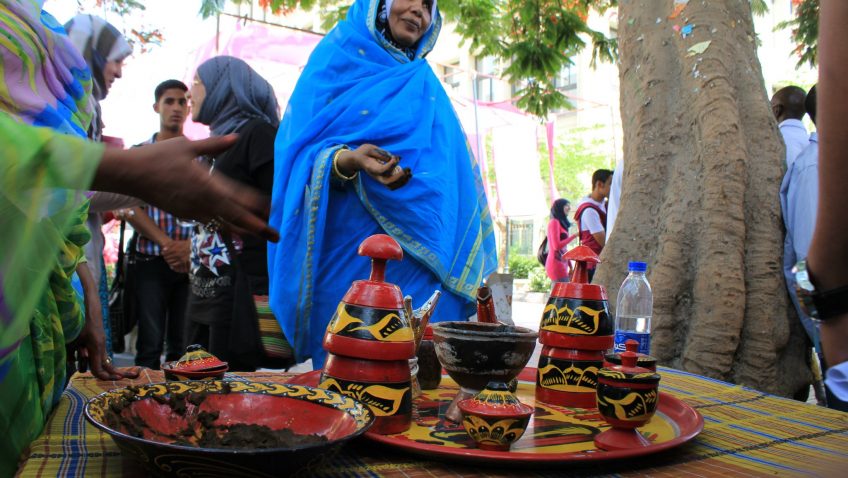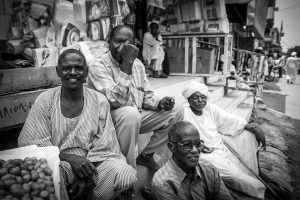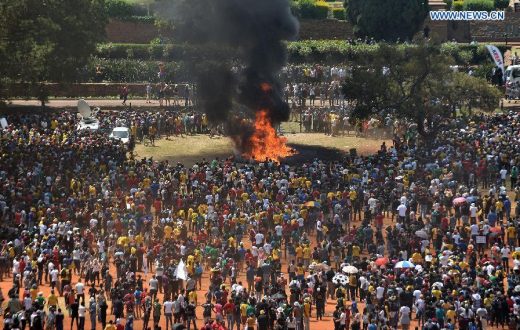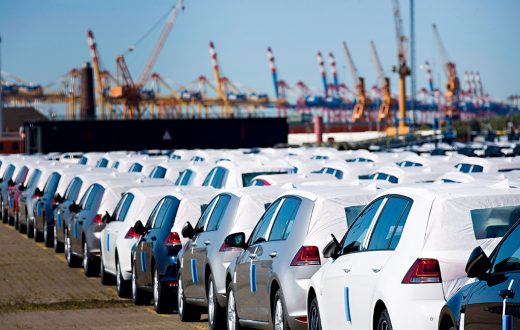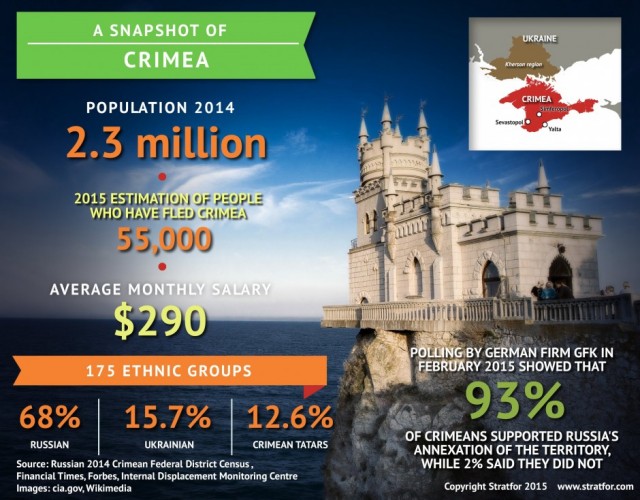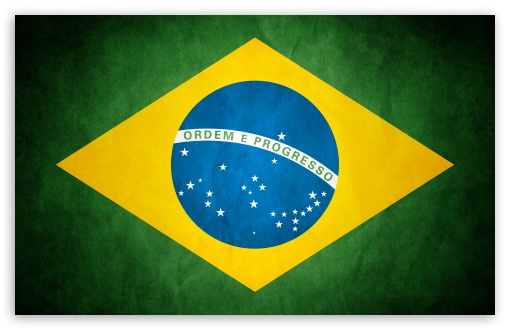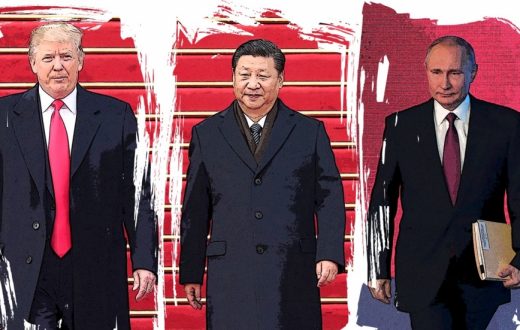Why Foreign Policy Matters During Civil War
In times of civil war, foreign policy often takes a backseat to domestic survival. However, for a country like Sudan, which is caught in a deadly power struggle between rival military factions, foreign policy is essential. It serves as a battleground. The alliances formed by Sudan’s warring parties influence the weapons they use, the stories they tell, and the support they rely on. Regional powers like Egypt and the United Arab Emirates play important roles, along with the subtle actions of Russia and Western diplomats. Sudan’s internal conflict cannot be separated from its external relationships. Despite this, while military leaders control these alliances, the voices of Sudanese civilians, especially the youth, are left out of the international discussions that will shape their future. If Sudan wants to emerge from war with a clear path to peace and independence, it must take back its foreign policy from the generals and let its people reimagine it.
Sudan’s Current Diplomatic Crisis
Sudan’s diplomatic standing has declined along with its internal collapse. Since fighting began in April 2023 between the Sudanese Armed Forces (SAF) and the Rapid Support Forces (RSF), the country has not had a unified, internationally recognized government. Competing factions now carry out separate diplomatic efforts, each looking for legitimacy and support from foreign powers. The SAF relies on traditional allies like Egypt, while the RSF has gained backing from the United Arab Emirates and has alleged ties with Russia’s Wagner Group. Meanwhile, regional players, including Saudi Arabia, South Sudan, and the African Union, have tried to mediate peace efforts, but their success and coordination have been limited.
This fragmented foreign engagement shows a deeper diplomatic crisis: Sudan is no longer a cohesive force in international affairs. The closure of embassies, the expulsion of UN missions like UNITAMS, and the near-total collapse of the Ministry of Foreign Affairs have left the Sudanese people without formal diplomatic representation. Civil society and diaspora networks have tried to fill this gap by advocating for humanitarian access and sanctions against war profiteers, but their influence remains limited.
As the war continues, Sudan’s foreign policy is not being shaped by elected leaders or constitutional processes. Instead, it is controlled by generals in exile and war rooms. This situation has turned diplomacy into an extension of the battlefield. It is now used to secure weapons, funds, and legitimacy, rather than serving as a means for peace, development, or sovereignty.
Youth Potential: From Activism
Sudan’s youth have played a key role in political change, especially during the 2018–2019 revolution that ended Omar al-Bashir’s 30-year rule. Through grassroots efforts, online mobilization, and brave street protests, young Sudanese sparked a democratic movement that inspired both the region and the world. However, even though they were crucial in driving this change, youth were pushed aside when it came to shaping the post-revolution transition and later peace processes.
Now, as civil war and institutional collapse continue, the potential of Sudanese youth goes beyond activism. With no working government, youth-led civil society groups, resistance committees, and diaspora networks have become essential for humanitarian support, peace efforts, and international involvement. These organizations are starting to look like policymaking bodies as they set up local ceasefire agreements, provide aid, and create community charters. This demonstrates that young people are not just protestors; they are political players with the vision and ability to govern.
What is needed now is a shift from mere symbolic inclusion to true empowerment. Youth should not merely serve as observers in peace talks or be noted only in foreign policy. Instead, they should be treated as equal partners, given seats at negotiation tables, access to diplomatic opportunities, and real influence over Sudan’s role on the international stage. Whether through diaspora diplomacy, youth-led think tanks, or working with regional organizations like the African Union Youth Envoy, young Sudanese can and should help shape the policies that will determine their country’s future.
Regional Comparison: Tunisia’s Youth and Post-Revolution Diplomacy
Tunisia offers a strong example of how youth-led activism can grow into institutional influence and participation in diplomacy. After the 2011 revolution, young Tunisians, many of whom were active in the protests, started moving into roles within civil society, transitional justice projects, and international discussions. Youth-led NGOs worked closely with global partners on issues like democratic reform, human rights, and development. This change was not by chance; it was supported by intentional policies that included youth in national talks, international delegations, and electoral reform efforts.
In contrast, Sudanese youth, despite their important role in removing authoritarianism in 2019, have mostly been left out of formal diplomacy and post-conflict negotiations. Their activism goes on, but they lack the institutional channels to make their voices heard in policy decisions. Tunisia’s experience shows that when youth are not only recognized for their bravery but also included in national and international policymaking, they can help guide post-revolution states toward stability, legitimacy, and global involvement. Sudan also has this potential, if it decides to empower the generation that sparked its call for change.
What Youth Want Sudan’s Foreign Policy to Look Like
For decades, Sudan’s foreign policy has focused on strategies for authoritarian survival. It forged alliances for regime protection, sought foreign backing for military advantage, and used diplomacy to suppress the public will. Sudanese youth have paid the price of this legacy through blood, displacement, and lost futures. They are calling for a complete redefinition of what diplomacy should mean.
At the core of a youth-driven foreign policy is a demand for diplomacy that centers on people. This approach prioritizes national sovereignty, peace, and justice over transactional alliances. Young Sudanese reject the notion of their country being a proxy battleground for Gulf rivalries, Russian mercenaries, or geopolitical games between the West and China. They envision a foreign policy that is non-aligned and independent, putting Sudanese interests and lives first.
A key principle for youth is regional solidarity, especially within Africa and the Arab world. Many suggest that Sudan should take a proactive role in African Union (AU) diplomacy, peacekeeping, and climate cooperation. Youth want Sudan to contribute to collective peace and development instead of merely being a recipient of international crisis management. They also advocate for revitalizing IGAD (Intergovernmental Authority on Development) and other regional platforms to elevate Sudanese civilian views on cross-border trade, migration, and environmental security.
Another priority is democratizing diplomacy itself. Youth are calling for a de-militarized and professionalized Ministry of Foreign Affairs in Sudan. They demand that appointments be based on merit rather than loyalty to armed groups or political elites. Many suggest forming a youth-led foreign affairs advisory council to ensure that young voices help shape Sudan’s international relations. Such a council could consult with diaspora communities, student unions, resistance committees, and civil society organizations to guide international negotiations and treaties.
Youth also emphasize the importance of the Sudanese diaspora as a diplomatic asset. With large, politically engaged communities in the U.S., U.K., Gulf, and Europe, Sudanese youth abroad have launched lobbying campaigns, organized aid efforts, and testified before foreign governments and international organizations. Formalizing diaspora participation through ambassadorial fellowships, advisory roles, or youth consultative missions would turn this informal diplomacy into a legitimate part of Sudan’s foreign relations.
Importantly, young people want Sudan’s foreign policy to reflect human values. They call for civilian protection, women’s rights, anti-corruption standards, and justice for war crimes. They argue that Sudan should not only escape isolation but also re-enter the global community as a nation that respects international law and human dignity, not one that trades impunity for influence.
This is not just an abstract idea. Across Sudan, young activists are already creating peace corridors, negotiating local truces, coordinating humanitarian deliveries, and raising international awareness. Their vision for foreign policy is not limited to embassies and summits; it is deeply connected to the survival and dignity of their communities. They seek recognition and support to expand these efforts into formal policy.
In summary, youth want a Sudanese foreign policy that reflects the values they defended during the revolution: accountability, peace, justice, and inclusion. They are not asking for a seat at the table out of entitlement; they demand it out of necessity. The future of Sudan’s global engagement must not be left to warlords and their supporters.
Conclusion: A Call for Institutional Inclusion
Sudan’s future cannot be built by those who destroyed its present. For decades, military elites and self-serving regimes have controlled diplomacy in Sudan. But the current civil war has shown that this approach is broken. Youth, who have led revolutions, supported communities, and demanded justice, must now be seen as key to rebuilding Sudan’s standing in the world.
Institutional inclusion means more than just youth quotas or symbolic participation in peace talks. It requires redesigning foreign policy to be participatory, representative, and responsive to the needs of the Sudanese people. This includes investing in civic education, creating pathways to diplomatic careers, and establishing permanent opportunities for youth input in international negotiations.
Sudan is at a crossroads. It can either continue the cycles of elite-driven conflict or reimagine a future based on grassroots diplomacy and generational renewal. Empowering youth in foreign policy is not an optional change; it is a national necessity.

